Agricultural prices rise
In the first months of 2025, Dak Nong's agricultural sector entered production with a rather excited and optimistic spirit. First of all, the prices of the province's main agricultural products continued to remain high.
This is a great motivation for farmers to invest in improving productivity and quality of agricultural products. Notably, by the end of March 2025, coffee prices will be at 133,000 VND/kg, pepper at about 159,000 VND/kg, cocoa at 180,000 VND/kg...
With this price, farmers have the biggest profit in many years, creating an optimistic atmosphere in implementing agricultural production planning goals.
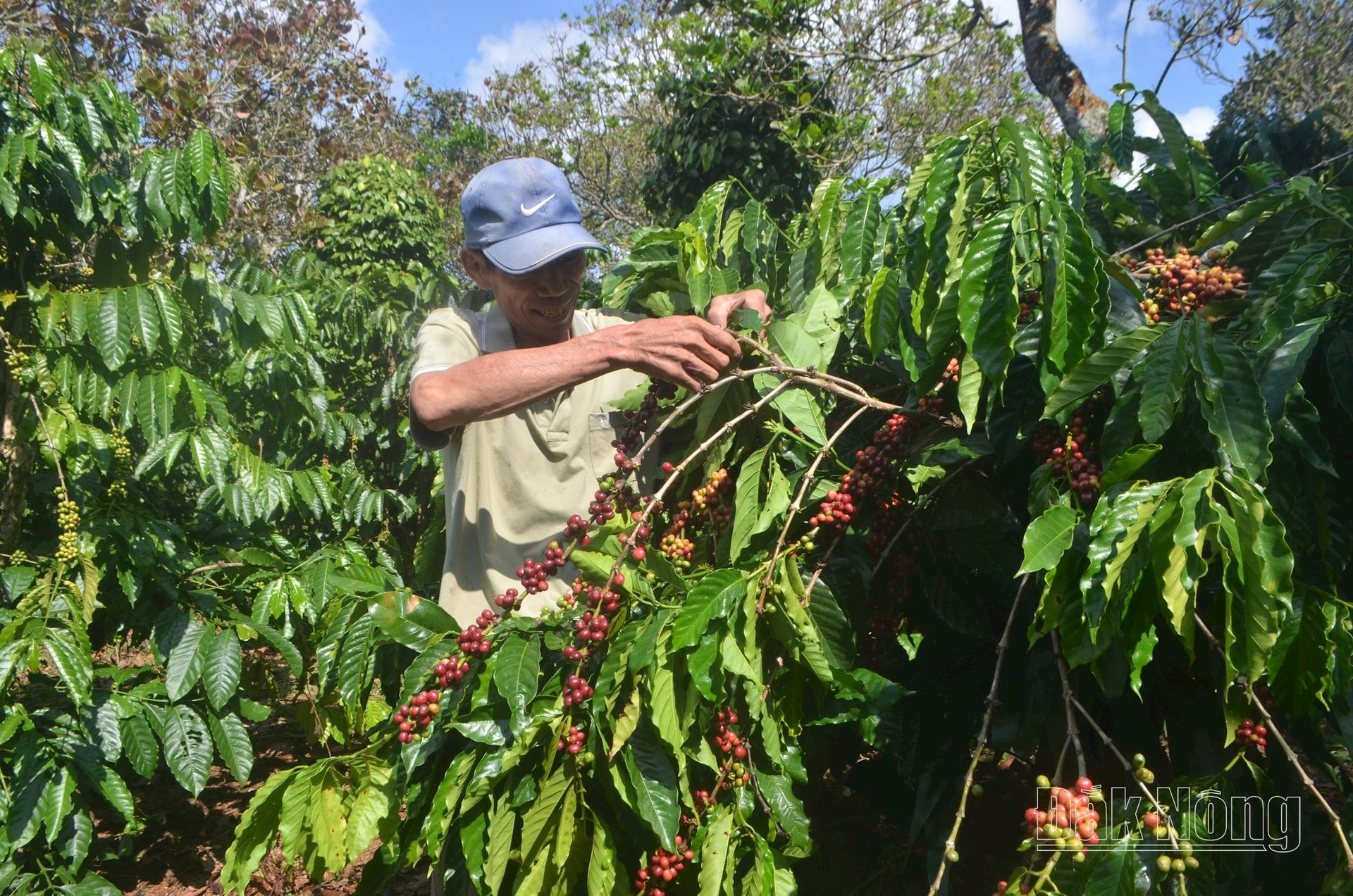
Dak Nong currently has about 143,000 hectares of coffee, of which the harvested area is 131,000 hectares. The average coffee yield of the whole province is about 2.6 tons/ha, with the total output forecasted to be about 343,000 tons in 2025.
According to the assessment of the Agriculture Department, since the beginning of the year, coffee has grown steadily, with few pests. However, coffee is also facing drought, and farmers need to make efforts to protect their gardens.
For pepper, Dak Nong currently has 34,000 hectares, with an average yield of over 2.4 tons/ha, and an estimated total output of 72,000 tons in 2025, 1,300 tons higher than in 2024. After harvest, farmers are focusing on restoring pepper gardens to ensure productivity in the next crop.
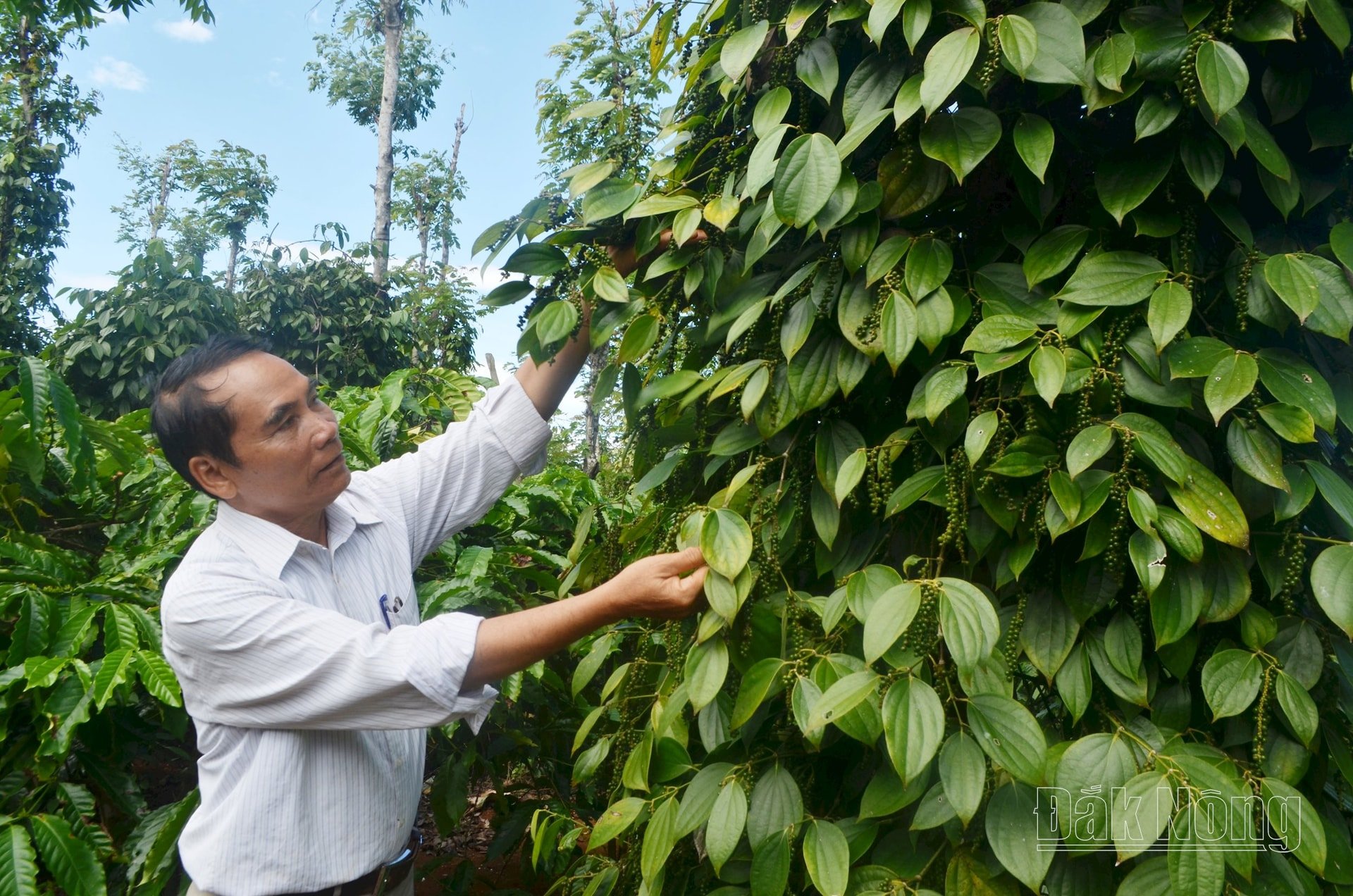
Mr. Dang Tan Huynh, village 6, Nhan Co commune, Dak R'lap district has nearly 10 hectares of pepper. Mr. Huynh happily said that with the pepper price of about 159,000 VND/kg, pepper growers have quite high profits.
The family's pepper garden has a fairly stable yield of about 3 tons/ha, cultivated according to organic standards. It is estimated that with the above price, he will earn 480 million VND/ha, about 90 million VND higher than in 2024.
Over the years, all of his organic pepper products have been purchased by businesses at prices always higher than the general market price.
Mr. Huynh happily said: “The high and stable pepper price compared to previous years is creating great motivation for the family. Optimism for pursuing organic farming processes with criteria of saying no to pesticides, using organic fertilizers to protect the soil and water environment for sustainable development”.
In addition to coffee and pepper, prices of some products such as cocoa, macadamia, passion fruit... also increased compared to previous years, bringing much excitement to farmers.
Stable development areas
Along with long-term crops and key industrial crops, according to the Department of Agriculture and Environment, by the end of March 2025, the province's short-term crop production basically achieved the set plan and targets.
The whole province has developed over 10,100 hectares of short-term winter-spring crops, reaching 98% of the plan. Of which, rice is nearly 4,900 hectares; corn is over 2,100 hectares; vegetables of all kinds are over 2,000 hectares; sweet potatoes are over 1,000 hectares and pumpkins and beans of all kinds are over 1,000 hectares.
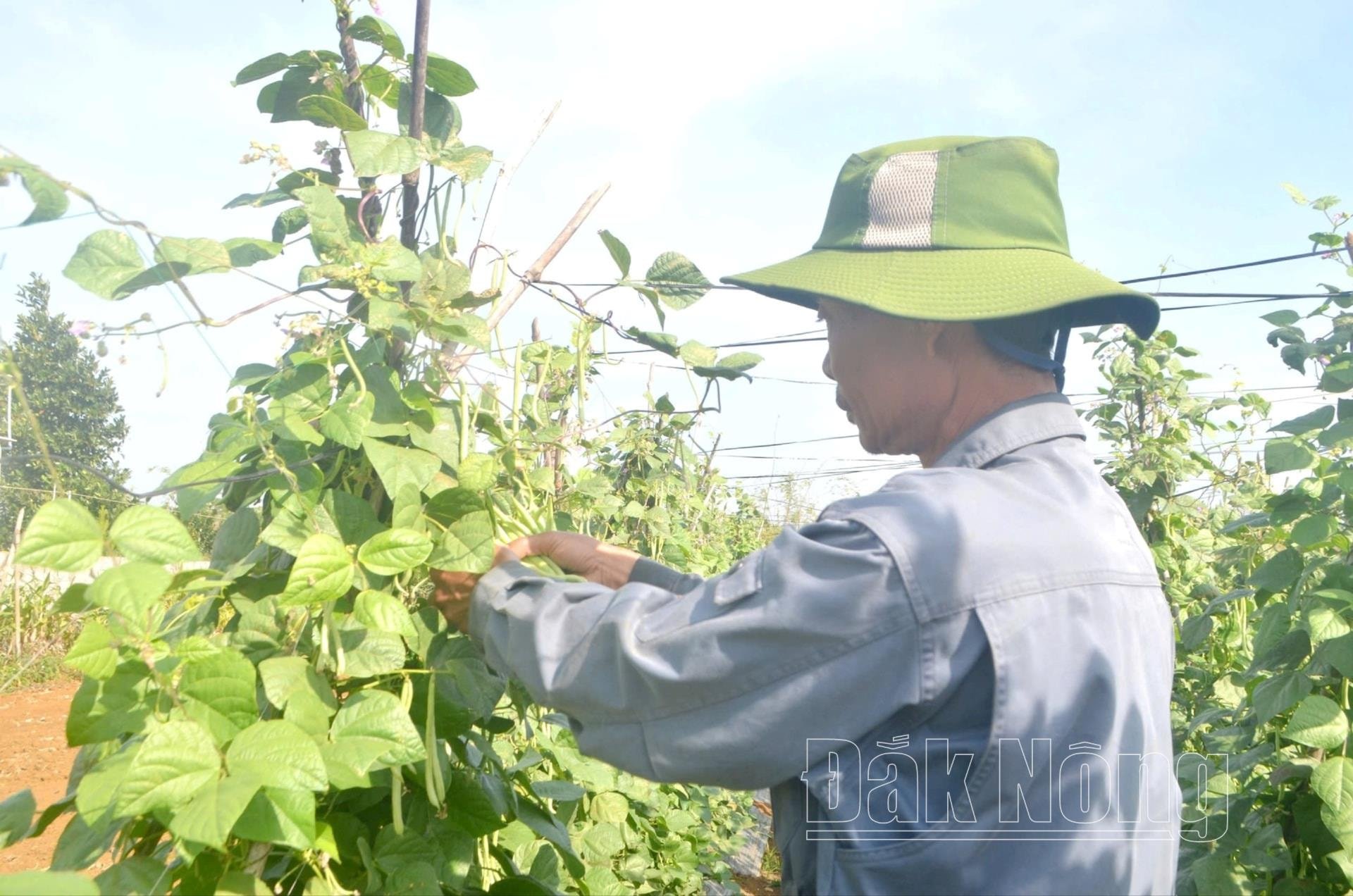
Krong No is the locality with the largest area of short-term winter-spring crop production in the province, with over 3,900 hectares, followed by Cu Jut district with over 1,700 hectares, Dak Glong with over 1,600 hectares, the rest are Dak Song, Tuy Duc, Dak R'lap and Gia Nghia city.
Currently, basically all crops are growing and developing normally. Some crops have been harvested such as vegetables and tubers of all kinds, with quite high productivity.
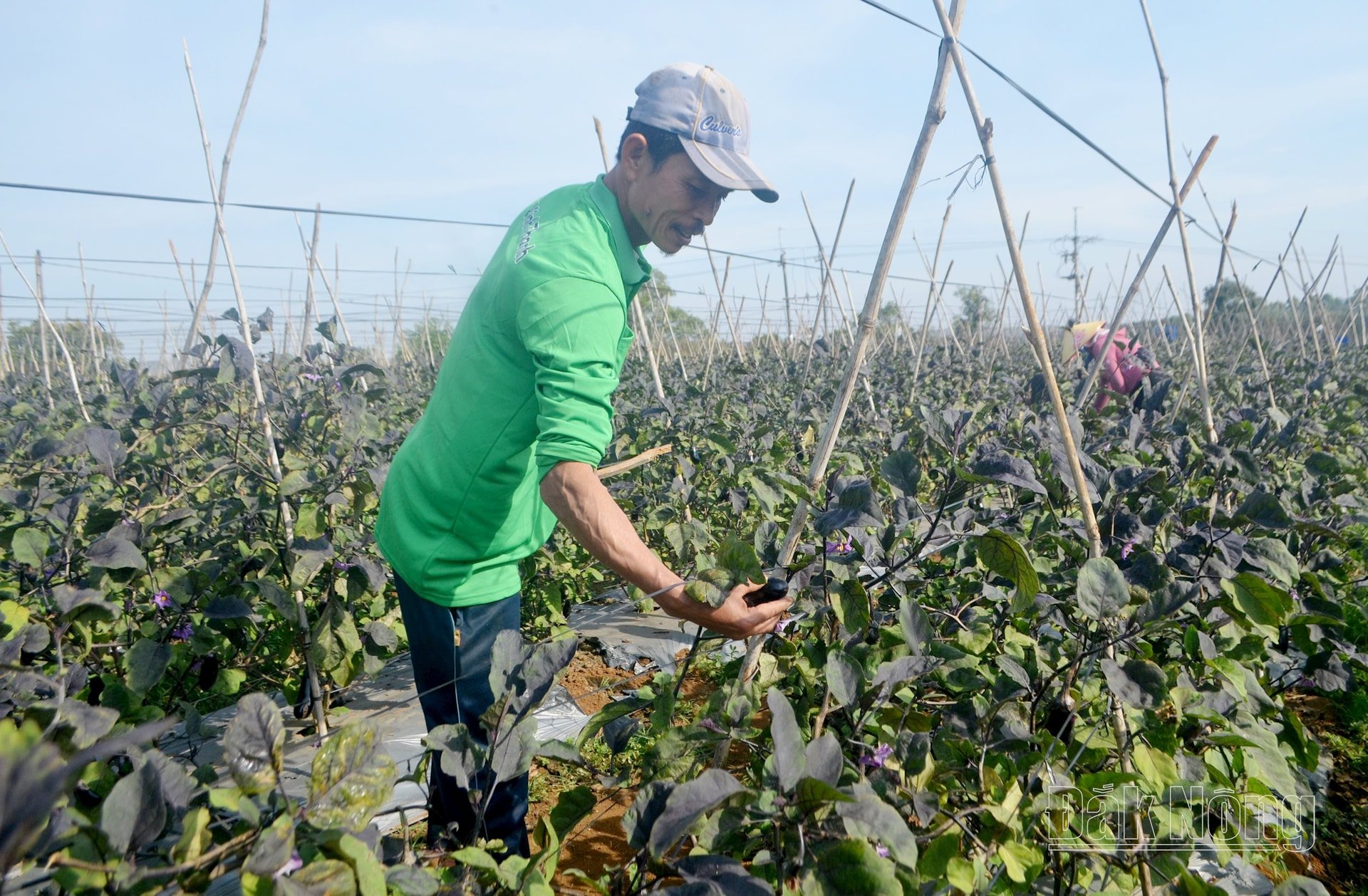
Mr. Nguyen Chi Lai, Nghia Tan Ward, Gia Nghia City, said that his family has 1 hectare of land for annual crops. This winter-spring crop, the family grows Japanese eggplants, with high productivity, about 80 tons/ha.
Mr. Lai happily said: "This year, the weather is more favorable, less drought, so the crops grow quickly. In addition, the family and workers have mastered the techniques, so the quality of the coffee is better, the fruit is less susceptible to worms, uniform in appearance, meeting the requirements of the contracting business. With a selling price of 6 million VND/ton, his family earned 480 million VND, after deducting expenses, the profit reached about 240 million VND/ha/crop.
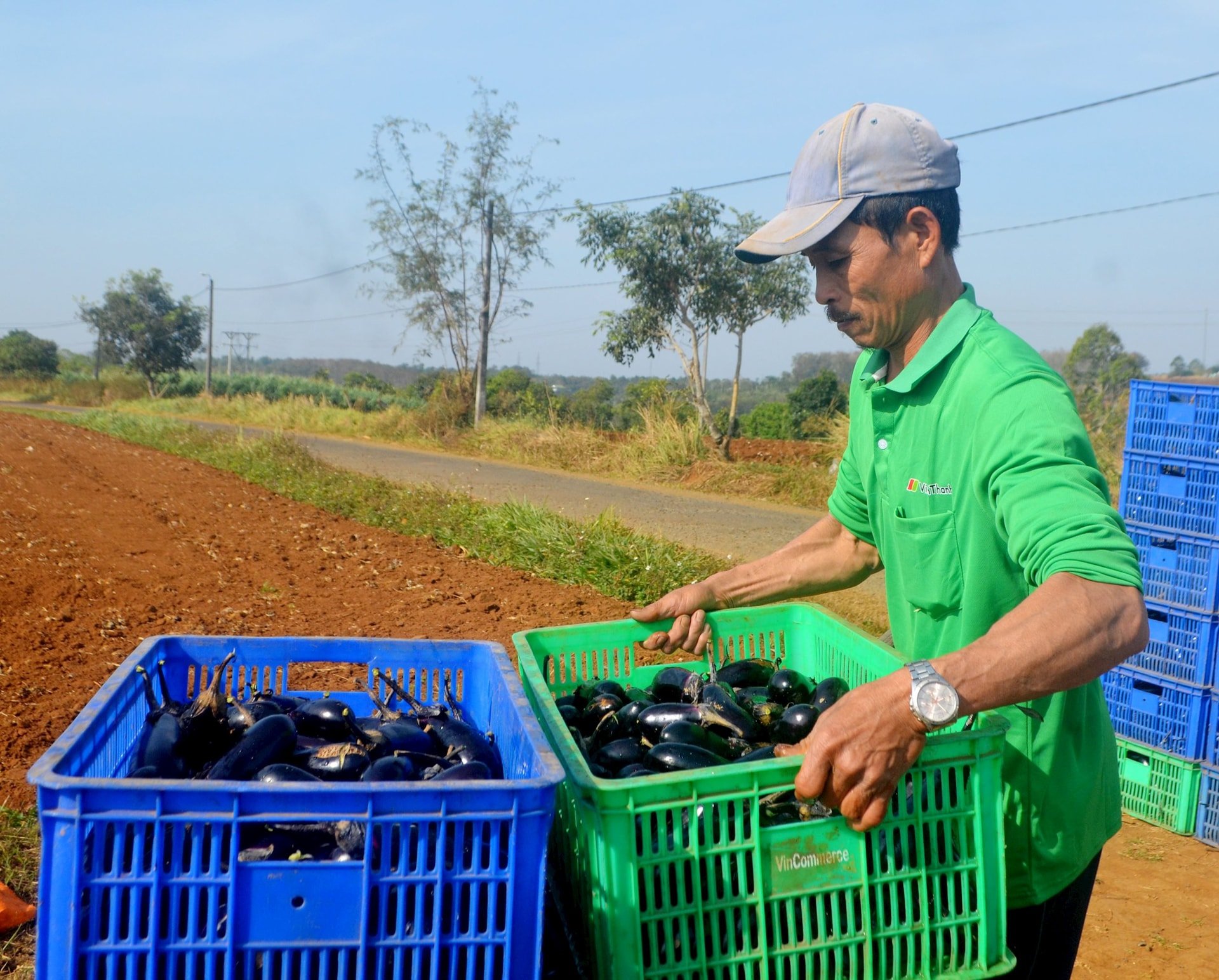
In addition to the cultivation sector, livestock farming in the first months of the year in the province also recorded some positive results. In particular, along with expanding the scale, functional sectors, localities, businesses and livestock farming households have done a good job in disease prevention and control.
Therefore, dangerous diseases in livestock do not occur, creating a solid foundation for the development of large-scale livestock farming and farms.
The province has a herd of over 3.7 million livestock and poultry. The OCOP program has achieved many results, the whole province currently has 143 products, including 20 products with 4 stars, the rest are 3 stars.
According to the leader of the Department of Agriculture and Environment, the industry is currently focusing on a number of solutions to prevent and combat the effects of drought on crops.
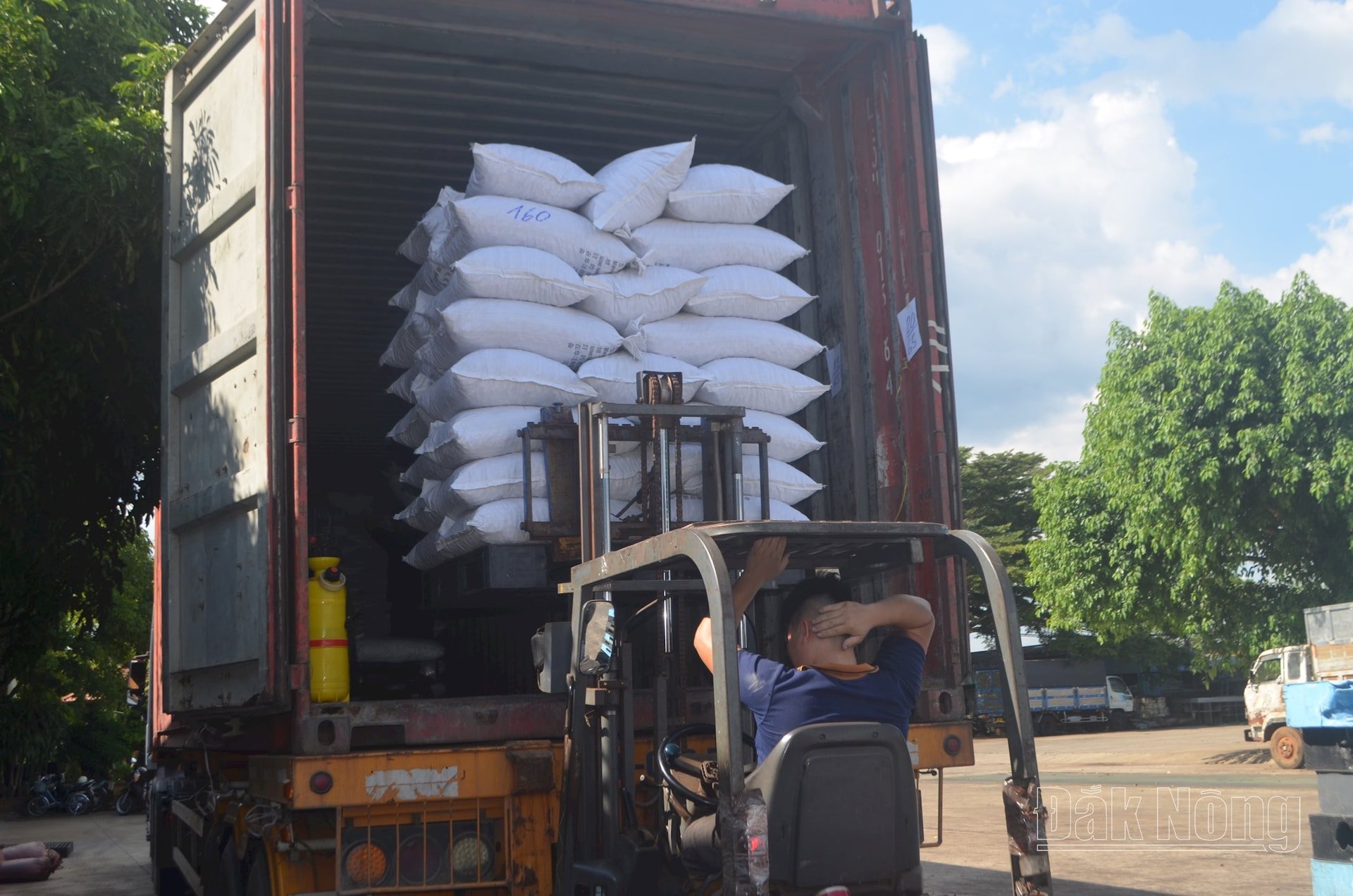
The whole sector continues to closely follow the directions of the Government, the Provincial Party Committee, and the Provincial People's Committee on double-digit growth. The agricultural sector strengthens coordination to resolve bottlenecks in planning three types of forests, plays its role well to reduce violations of the Forestry Law, and prevent and fight forest fires in the dry season.
In particular, the entire industry enhances its role and responsibility to continue changing its mindset from agricultural production to agricultural economics. The industry actively coordinates with departments, branches, localities, and enterprises to develop value chains for export, deep processing, and high-tech agriculture.
The entire agricultural sector carries out investment activities effectively, without waste, to contribute to improving farmers' lives and ensuring social security.
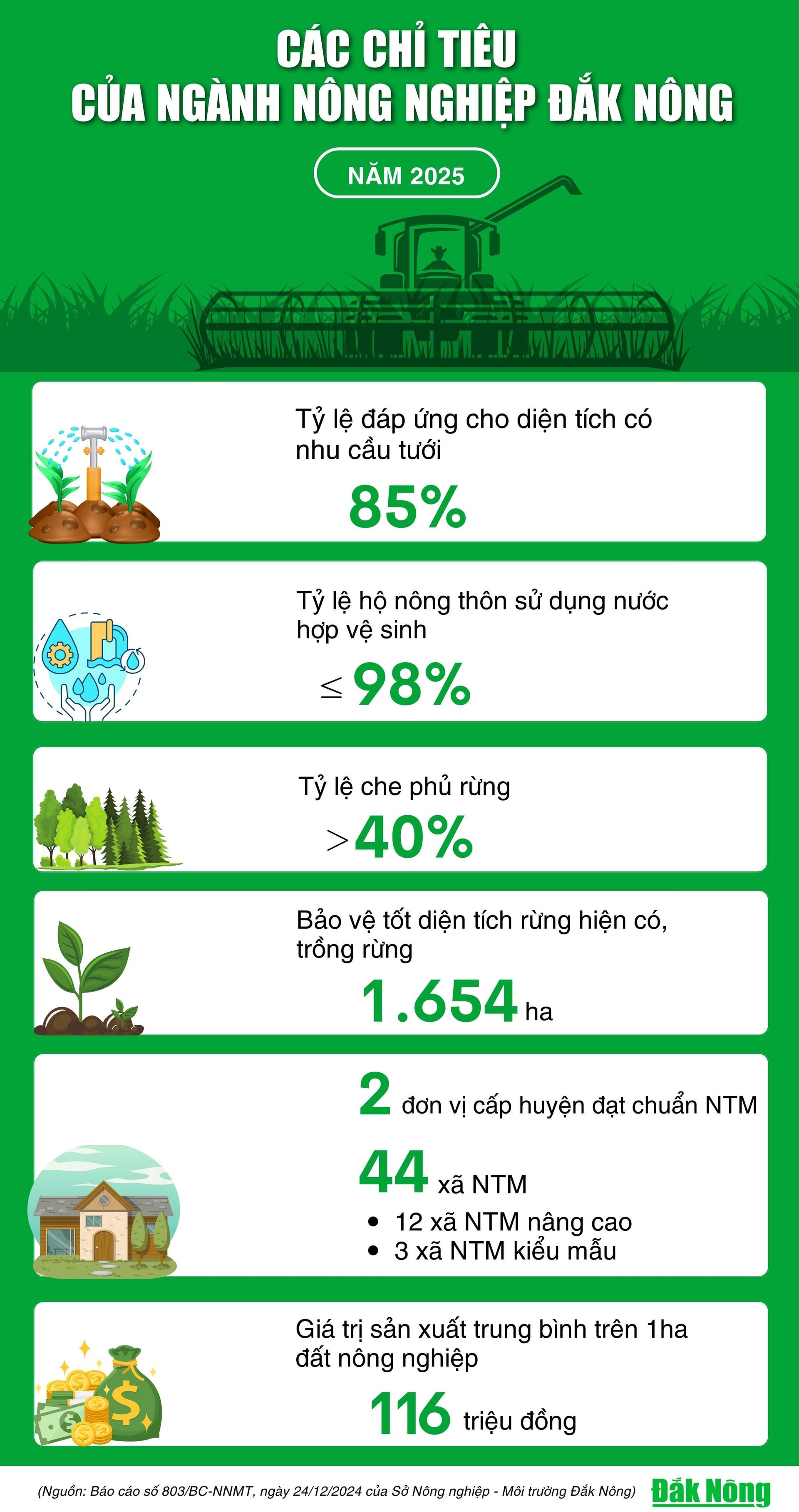
Source: https://baodaknong.vn/tin-hieu-lac-quan-cua-nong-nghiep-dak-nong-248373.html


![[Photo] Looking back at the impressive moments of the Vietnamese rescue team in Myanmar](https://vstatic.vietnam.vn/vietnam/resource/IMAGE/2025/4/11/5623ca902a934e19b604c718265249d0)


![[Photo] Summary of parade practice in preparation for the April 30th celebration](https://vstatic.vietnam.vn/vietnam/resource/IMAGE/2025/4/11/78cfee0f2cc045b387ff1a4362b5950f)

![[Photo] "Beauties" participate in the parade rehearsal at Bien Hoa airport](https://vstatic.vietnam.vn/vietnam/resource/IMAGE/2025/4/11/155502af3384431e918de0e2e585d13a)
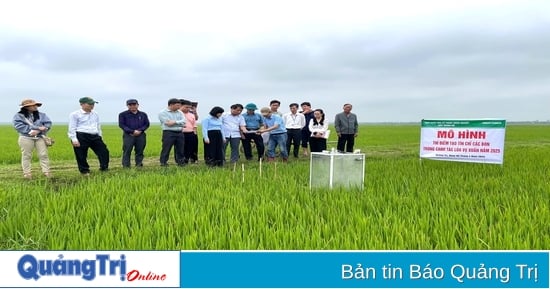





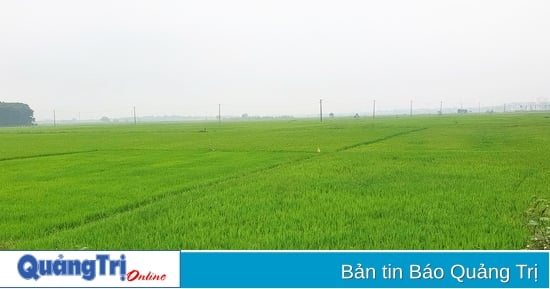
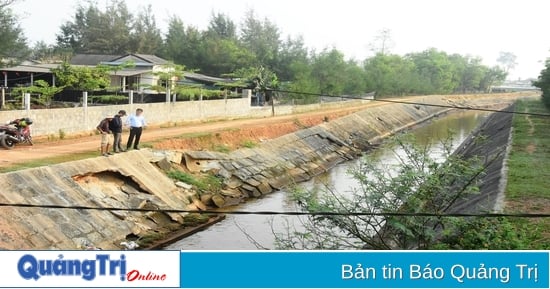



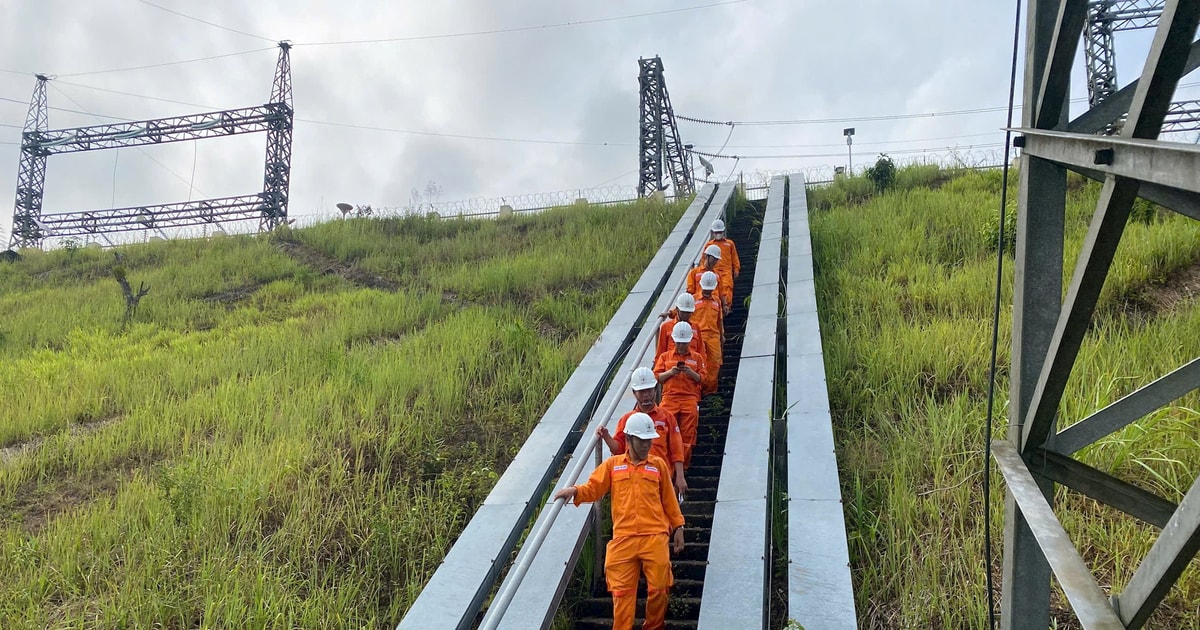
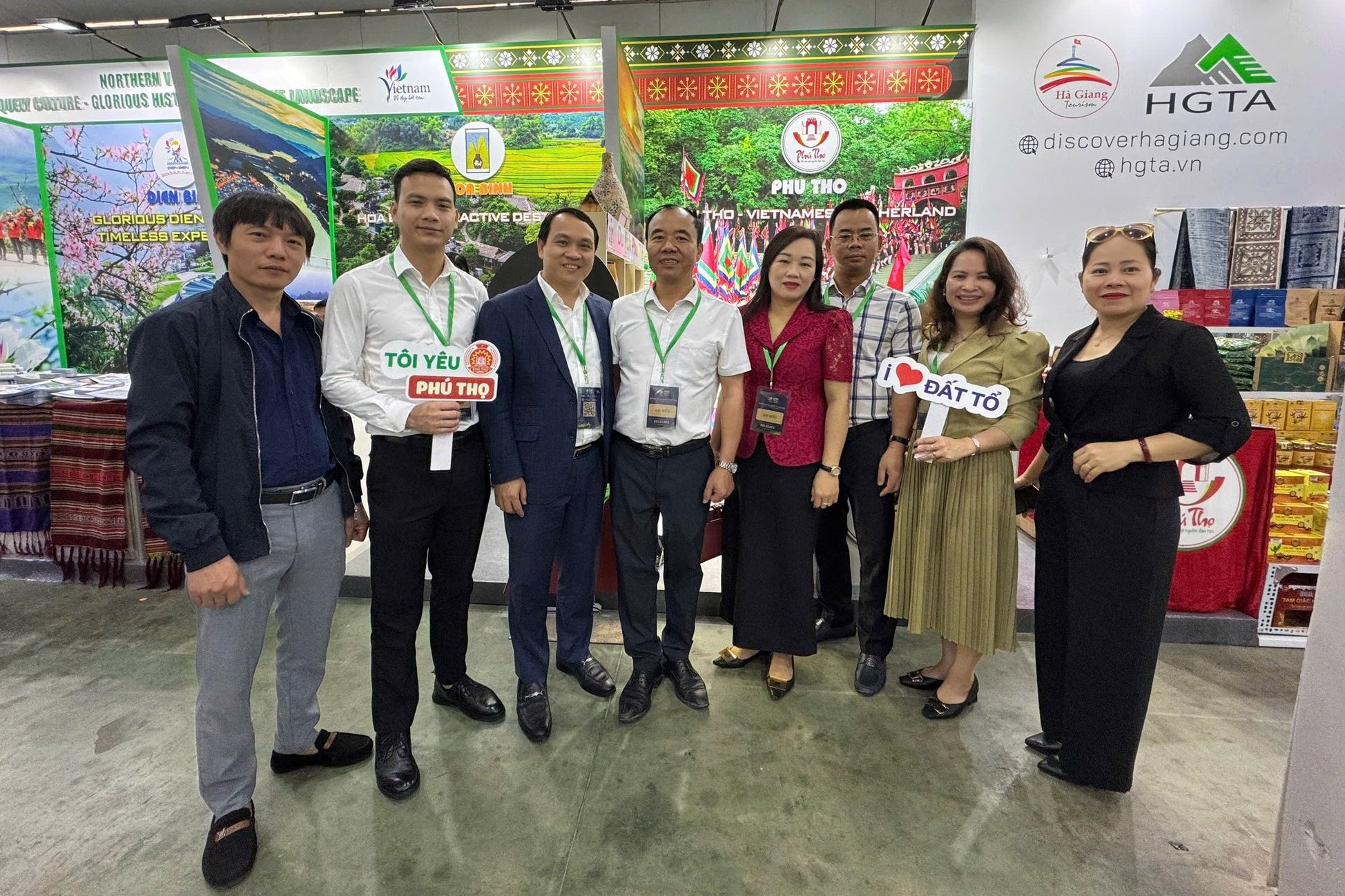


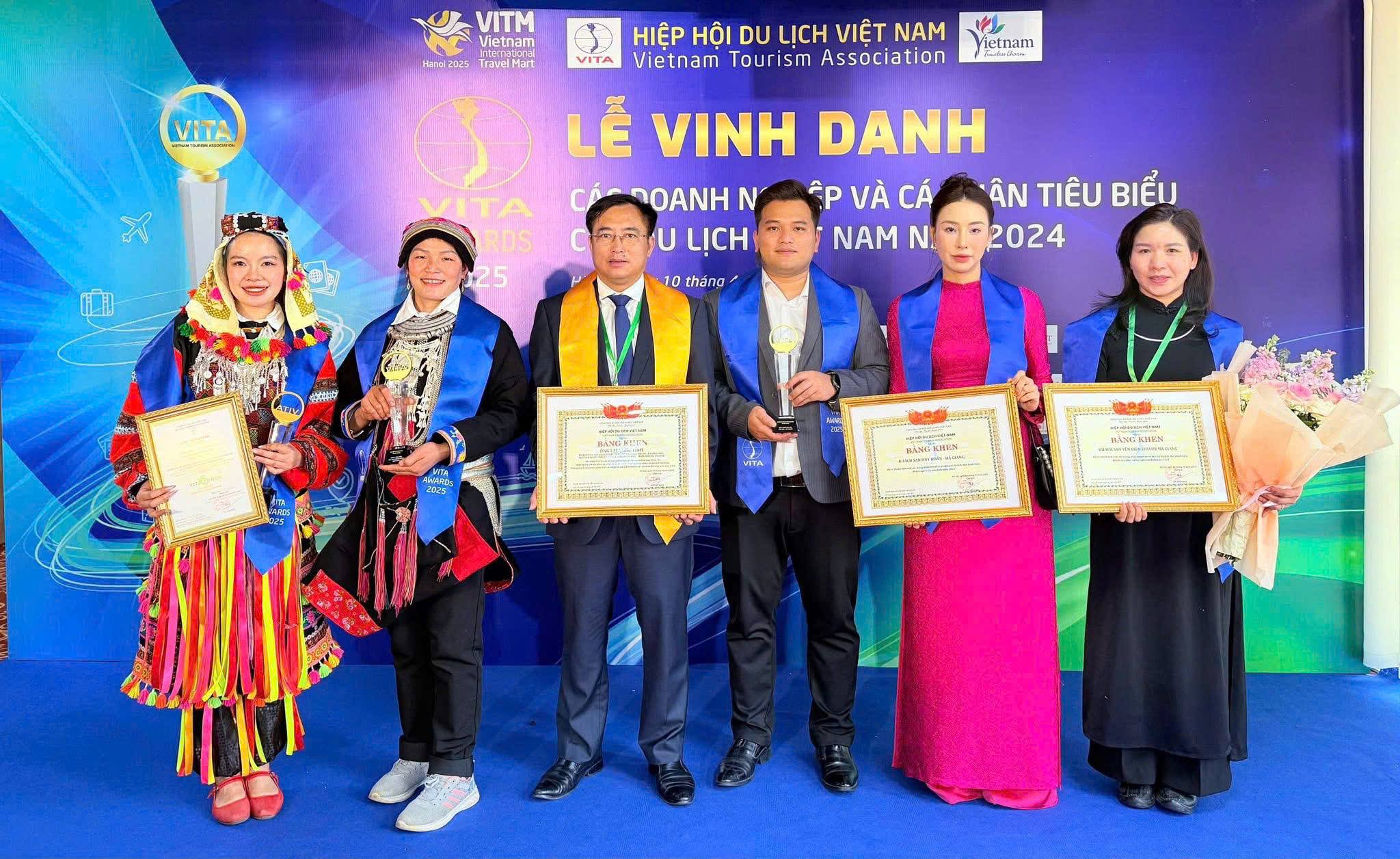




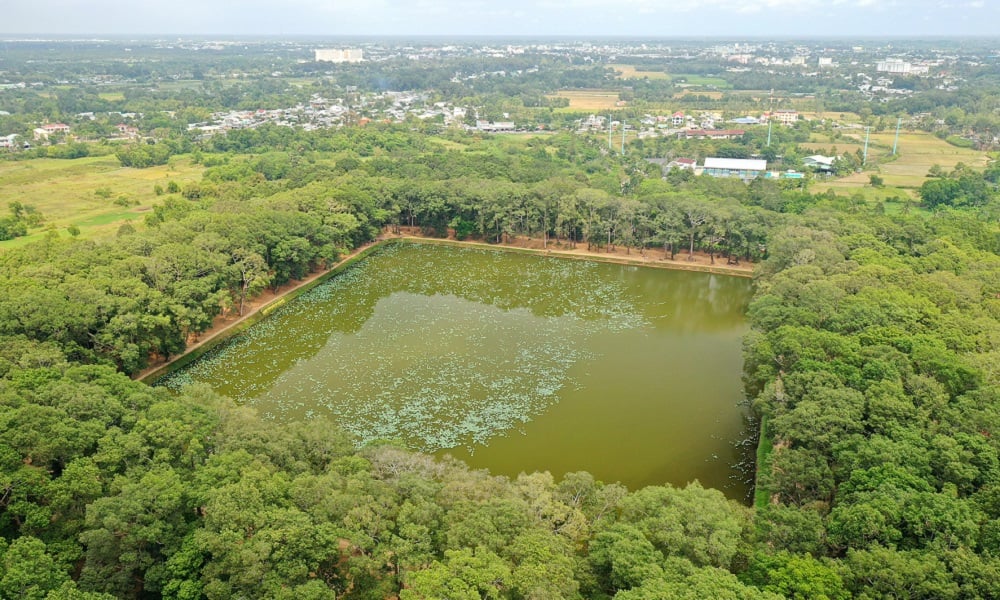

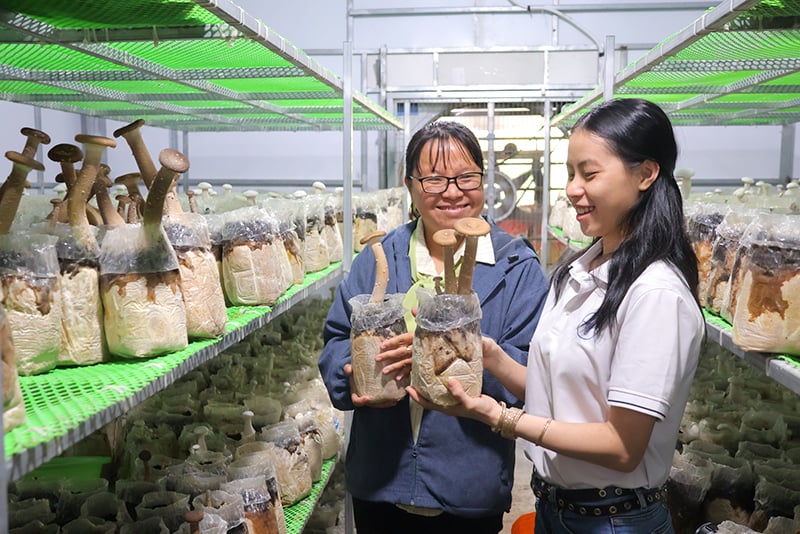

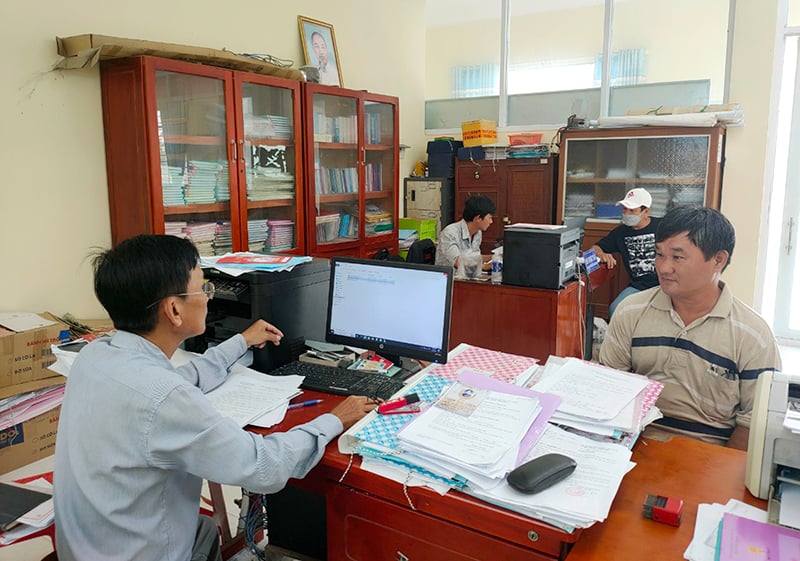









































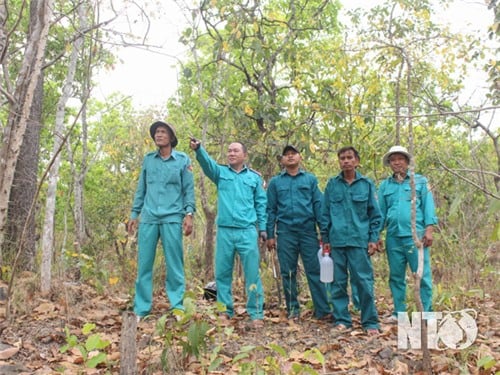

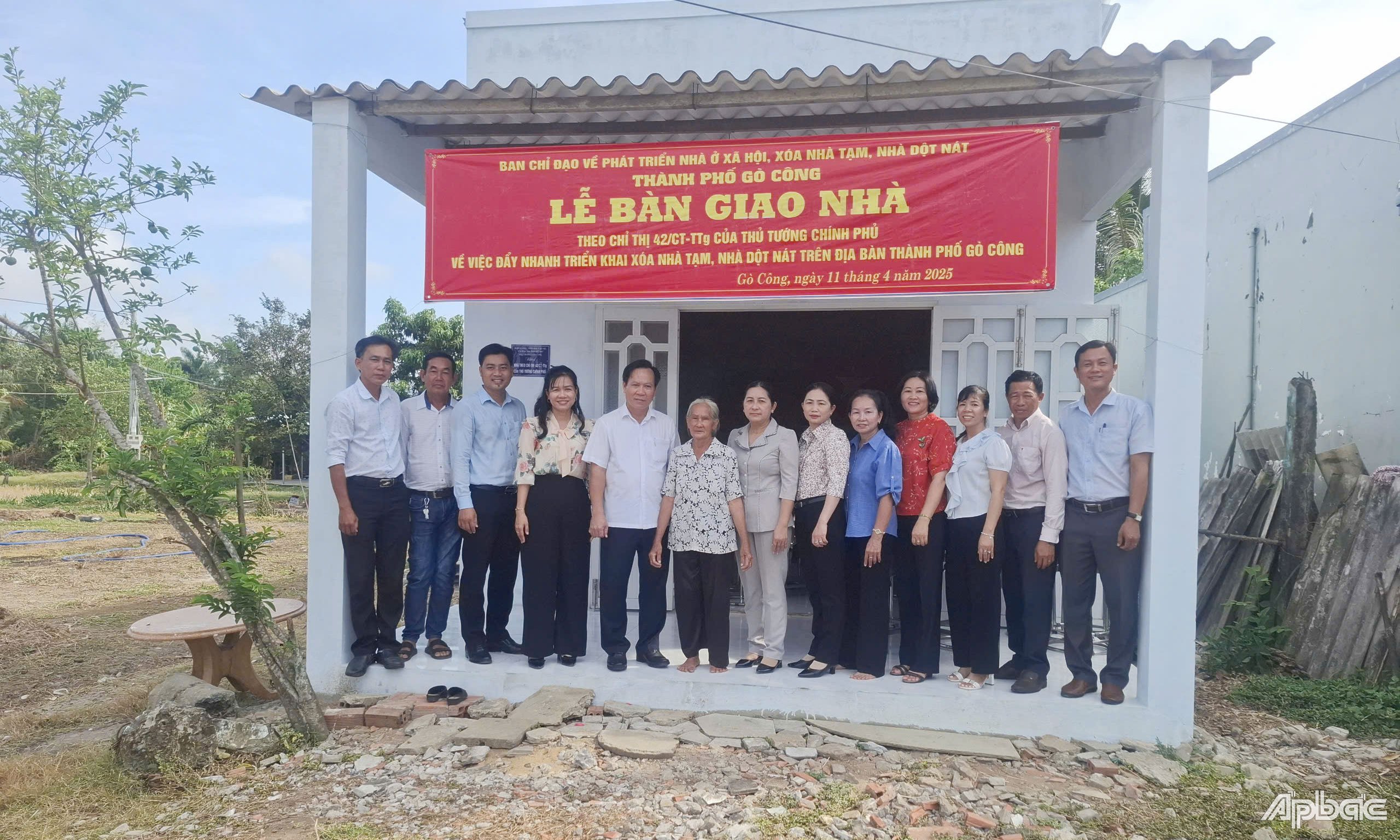



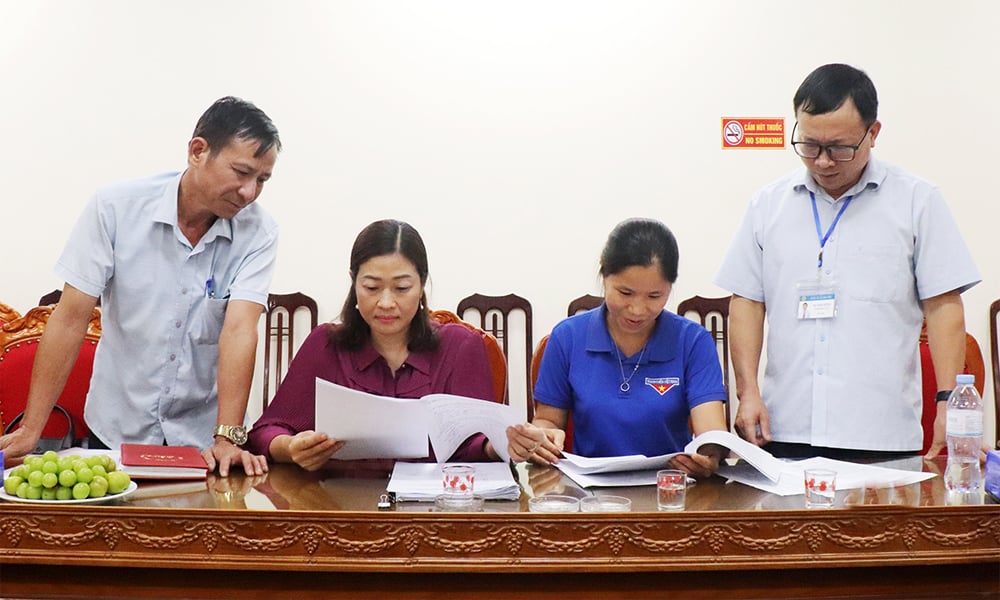

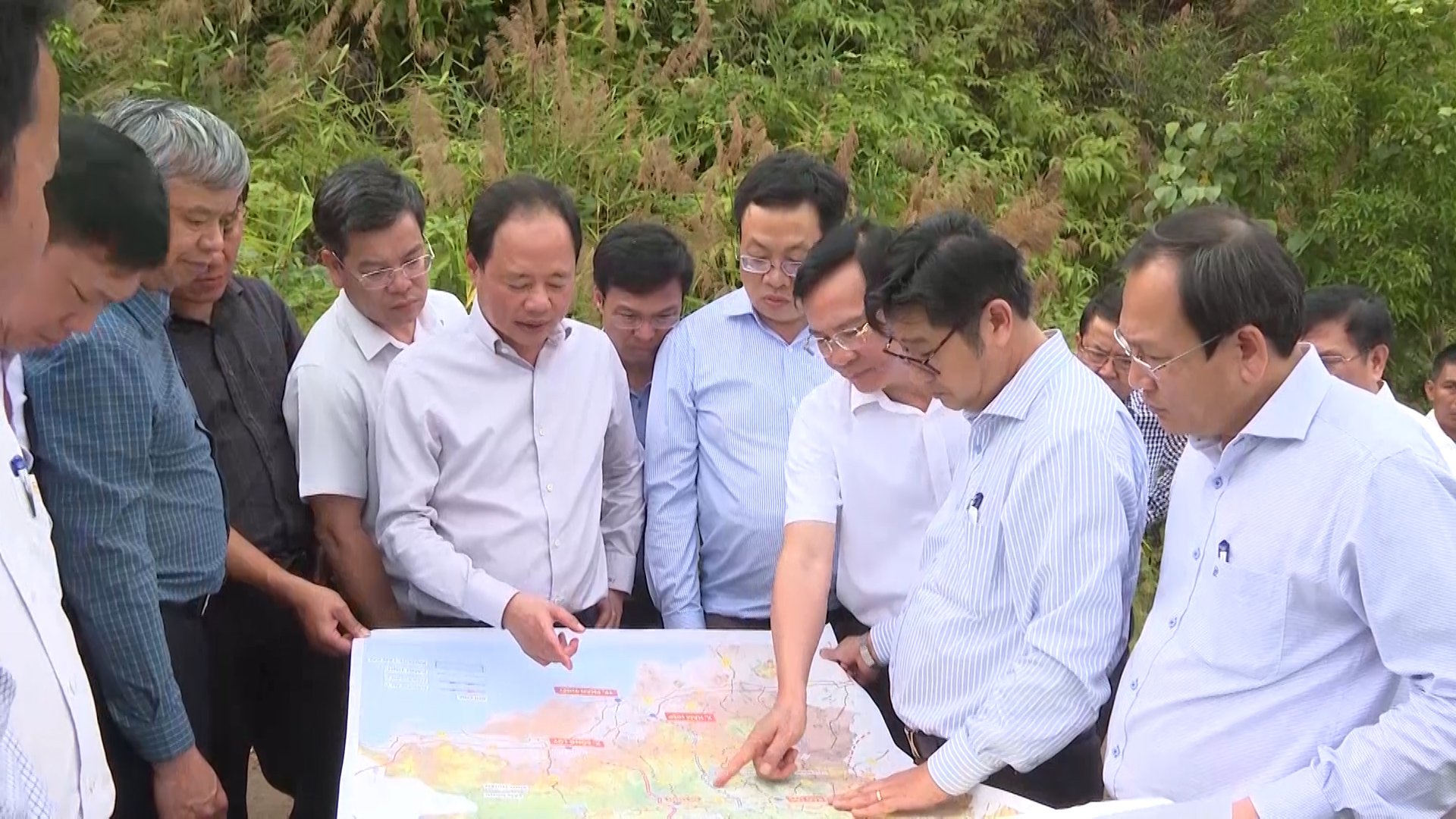












Comment (0)